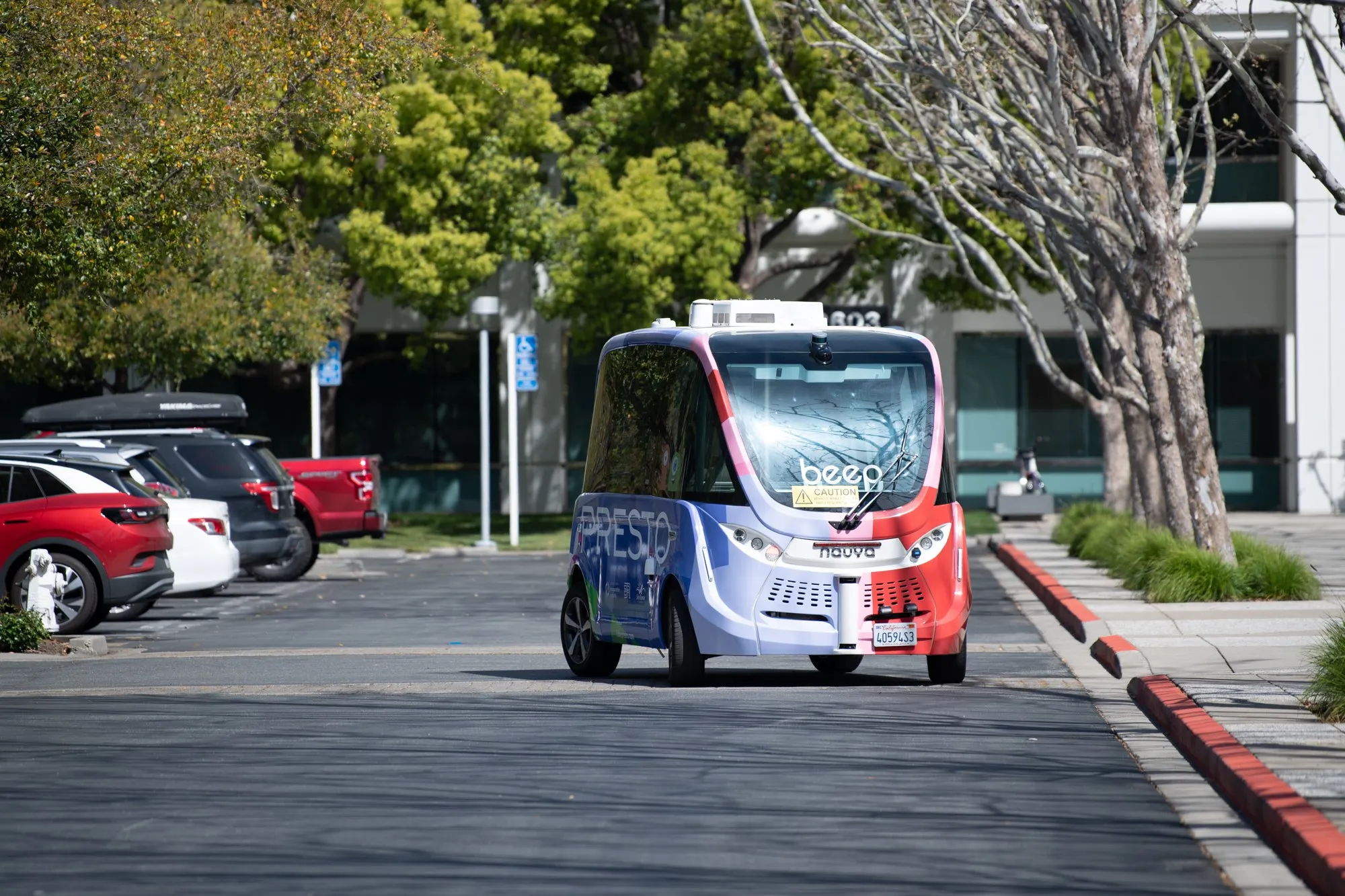The Illinois Tollway Board of Directors is eager to participate in a federal pilot program to test new connected vehicle technology that would allow cars and trucks to share real-time information about traffic congestion and roadway conditions to help reduce crashes. The Tollway has applied to participate in the program which would allow its federal government contractor, CDM Smith Federal, to test the new technology on the Jane Addams Memorial Tollway (I-90), which is being rebuilt at a cost of US$2.5 bill
February 27, 2015
Read time: 2 mins
The 7775 Illinois Tollway Board of Directors is eager to participate in a federal pilot program to test new connected vehicle technology that would allow cars and trucks to share real-time information about traffic congestion and roadway conditions to help reduce crashes.
The Tollway has applied to participate in the program which would allow its federal government contractor, CDM Smith Federal, to test the new technology on the Jane Addams Memorial Tollway (I-90), which is being rebuilt at a cost of US$2.5 billion with new, flexible infrastructure to accommodate the latest intelligent transportation systems (ITS) features.
This includes a 16-mile ‘smart corridor’ on I-90 which will use active traffic management features to provide real-time information to drivers using a network of cameras, sensors and overhead electronic gantries.
Nationwide, the Illinois Tollway is one of only five roadway agencies that is also a federally affiliated test bed for connected vehicle technology.
“This new technology has the potential to produce tremendous benefits for drivers,” said Illinois Tollway executive director Kristi Lafleur. “By taking a leading role in testing, the Illinois Tollway can be among the first transportation agencies in the nation to bring the safety advances that result from this program to its customers.”
The federal government is conducting the pilot program to encourage the testing and development of connected vehicle technology that allows vehicles to collect roadway and traffic information in real time and then wirelessly transmit it to other vehicles equipped with the technology.
Connected vehicle technology could ultimately provide advance warning to drivers to slow down before slippery pavement, congested areas or accidents that are blocking traffic lanes.
The324 US Department of Transportation is awarding contracts ranging from US$2 million to US$20 million to partnerships involved in testing the new technology. The pilot project is expected to initially test the technology on Illinois Tollway vehicles, as well as buses and commercial fleet vehicles that agree to participate.
The Tollway has applied to participate in the program which would allow its federal government contractor, CDM Smith Federal, to test the new technology on the Jane Addams Memorial Tollway (I-90), which is being rebuilt at a cost of US$2.5 billion with new, flexible infrastructure to accommodate the latest intelligent transportation systems (ITS) features.
This includes a 16-mile ‘smart corridor’ on I-90 which will use active traffic management features to provide real-time information to drivers using a network of cameras, sensors and overhead electronic gantries.
Nationwide, the Illinois Tollway is one of only five roadway agencies that is also a federally affiliated test bed for connected vehicle technology.
“This new technology has the potential to produce tremendous benefits for drivers,” said Illinois Tollway executive director Kristi Lafleur. “By taking a leading role in testing, the Illinois Tollway can be among the first transportation agencies in the nation to bring the safety advances that result from this program to its customers.”
The federal government is conducting the pilot program to encourage the testing and development of connected vehicle technology that allows vehicles to collect roadway and traffic information in real time and then wirelessly transmit it to other vehicles equipped with the technology.
Connected vehicle technology could ultimately provide advance warning to drivers to slow down before slippery pavement, congested areas or accidents that are blocking traffic lanes.
The









